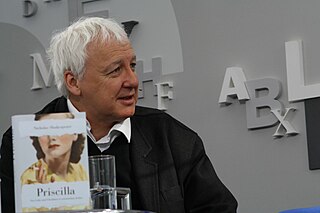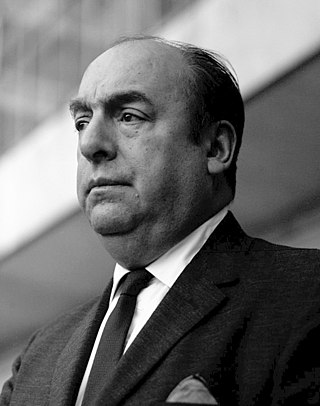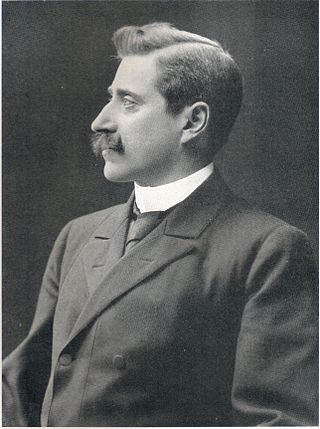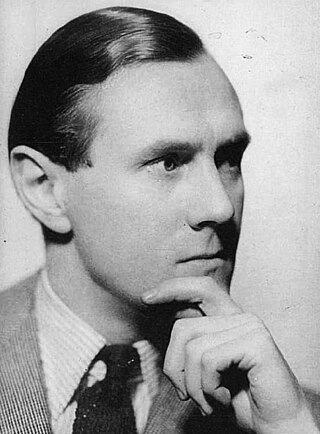Related Research Articles

Asia is the largest continent in the world by both land area and population. It covers an area of more than 44 million square kilometers, about 30% of Earth's total land area and 8% of Earth's total surface area. The continent, which has long been home to the majority of the human population, was the site of many of the first civilizations. Its 4.7 billion people constitute roughly 60% of the world's population.

The Pulitzer Prizes are two dozen annual awards given by Columbia University in New York for achievements in the United States in "journalism, arts and letters." They were established in 1917 by the will of Joseph Pulitzer, who had made his fortune as a newspaper publisher.

Nikolai Konstantinovich Rerikh, better known as Nicholas Roerich, was a Russian painter, writer, archaeologist, theosophist, philosopher, and public figure. In his youth he was influenced by Russian Symbolism, a movement in Russian society centered on the spiritual. He was interested in hypnosis and other spiritual practices and his paintings are said to have hypnotic expression.

The Epic of Manas is a very long and traditional epic poem of the Kyrgyz people of Central Asia. Versions of the poem which date to the 19th century and contain historical events of the 18th century, though Kyrgyz tradition holds it to be much older. Manas is said to be based on Bars Bek, the first khagan of the Kyrgyz Khaganate. The plot of Manas revolves around a series of events that coincide with the history of the region, primarily the interaction of the Kyrgyz people with other Turkic, Mongolic and Chinese peoples.
Robert Macfarlane is a British writer and Fellow of Emmanuel College, Cambridge.
John Dolman, Dowman or Dowlman was an English clergyman and benefactor.

Nicholas William Richmond Shakespeare FRSL is a British novelist and biographer, described by the Wall Street Journal as "one of the best English novelists of our time". Shakespeare is also known for his charity work.

Pocklington School is a private day and boarding school in Pocklington, East Riding of Yorkshire, England. It was founded in 1514 by John Dolman. The school is situated in 50 acres (20 ha) of land, on the outskirts of the small market town, 12 miles (19 km) from York and 26 miles (42 km) from Hull. It is the 67th oldest school in the United Kingdom and celebrated its 500th birthday in 2014.

New Boy is a novel, published in 1996, written by British novelist William Sutcliffe.

Kjell Westö is a Finnish author and journalist. Westö writes in Swedish. Best known for his epic novels set in Helsinki, he has also written short stories, poetry, essays and newspaper columns.
The Edward Stanford Travel Writing Awards celebrate the best travel writing and travel writers in the world. The awards include the Stanford Dolman Travel Book of the Year and the Edward Stanford Award for Outstanding Contribution to Travel Writing.
Andrew Brown is an English journalist, writer, and editor. He was one of the founding staff members of The Independent, where he worked as a religious correspondent, parliamentary sketch writer, and a feature writer. He has written extensively on technology for Prospect and the New Statesman and been a feature writer on The Guardian. He has worked as the editor for the Belief section of The Guardian's Comment is Free, which won a Webby under his leadership, and is currently a leader writer and member of the paper's editorial board. He is also the press columnist of the Church Times. In The Beginning was the Worm (2004) was shortlisted for the Aventis Prize. Fishing in Utopia (2008) won the Orwell Prize and was nominated for the Dolman Best Travel Book Award in 2009.
Nicholas Hagger is a British poet, man of letters, cultural historian and commentator, and philosopher. He has been a proponent of philosophical Universalism.
Trish Dolman is a Canadian film and television director and producer. She is most noted for her 2017 documentary film Canada in a Day, for which she won the Canadian Screen Award for Best Direction in a Documentary Program at the 6th Canadian Screen Awards in 2018.
Monisha Rajesh is a British journalist and travel writer.

Oliver Bullough is a British writer.

The 1971 Nobel Prize in Literature was awarded to the Chilean politician and poet Pablo Neruda (1904–1973) "for a poetry that with the action of an elemental force brings alive a continent's destiny and dreams." Neruda became the second Chilean Nobel laureate in Literature after Gabriela Mistral in 1945.

The 1905 Nobel Prize in Literature was awarded to the Polish novelist Henryk Sienkiewicz (1846–1916) "because of his outstanding merits as an epic writer." He was given the prize on 10 December 1905. He is the first Polish author to win the Nobel Prize in the literary category and the second Polish citizen to win in general after the chemist Maria Skłodowska Curie in 1903. He was followed by Władysław Reymont in 1924.

The 1916 Nobel Prize in Literature was awarded to the Swedish poet and prose writer Verner von Heidenstam (1859–1940) "in recognition of his significance as the leading representative of a new era in our literature." Heidenstam was the second Swedish Nobel laureate in Literature after Selma Lagerlöf in 1909.

The 1973 Nobel Prize in Literature was awarded to the Australian writer Patrick White (1912–1990) "for an epic and psychological narrative art which has introduced a new continent into literature." He is the first and the only Australian recipient of the prize.